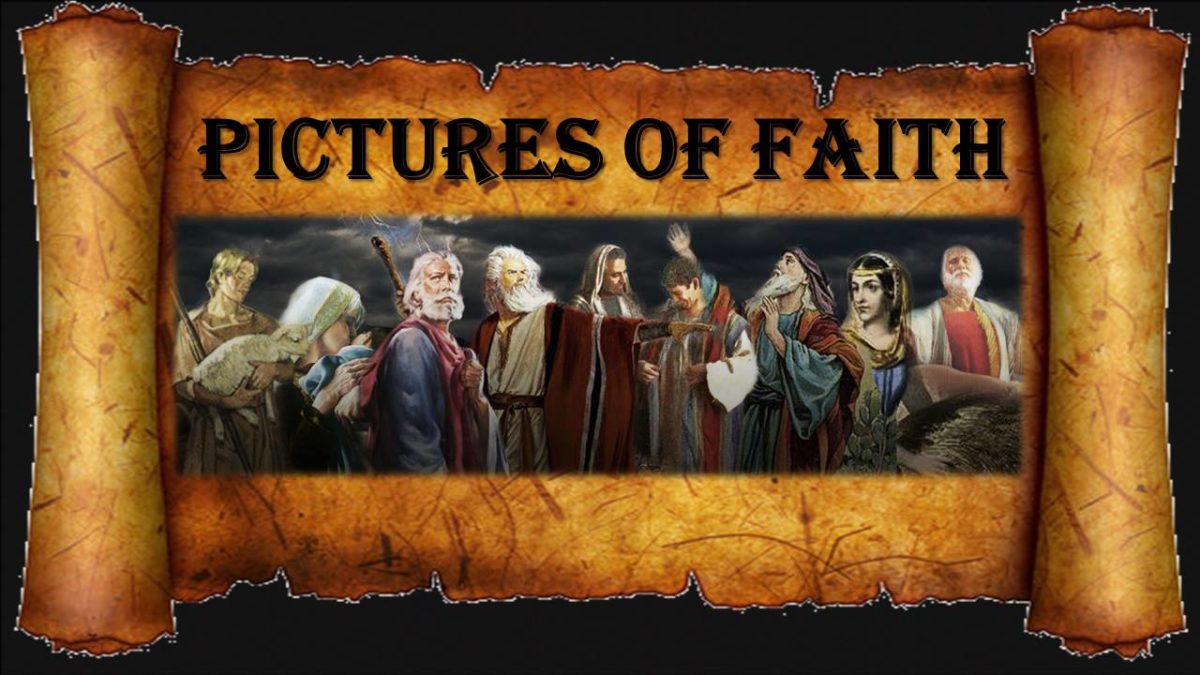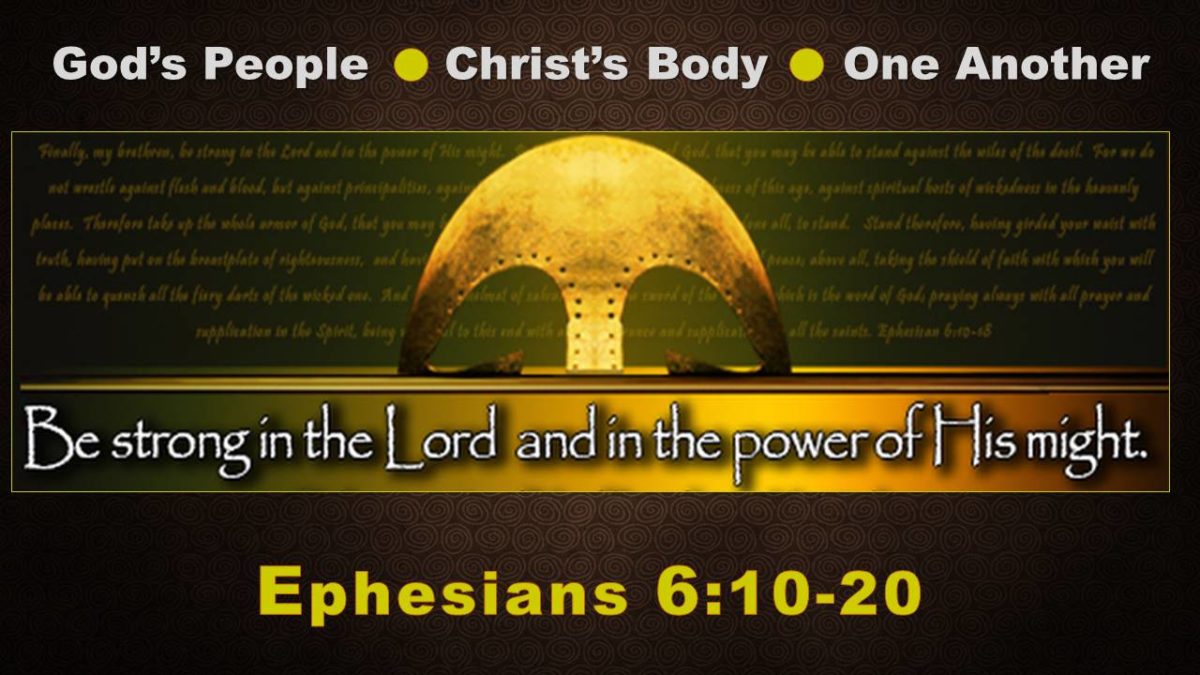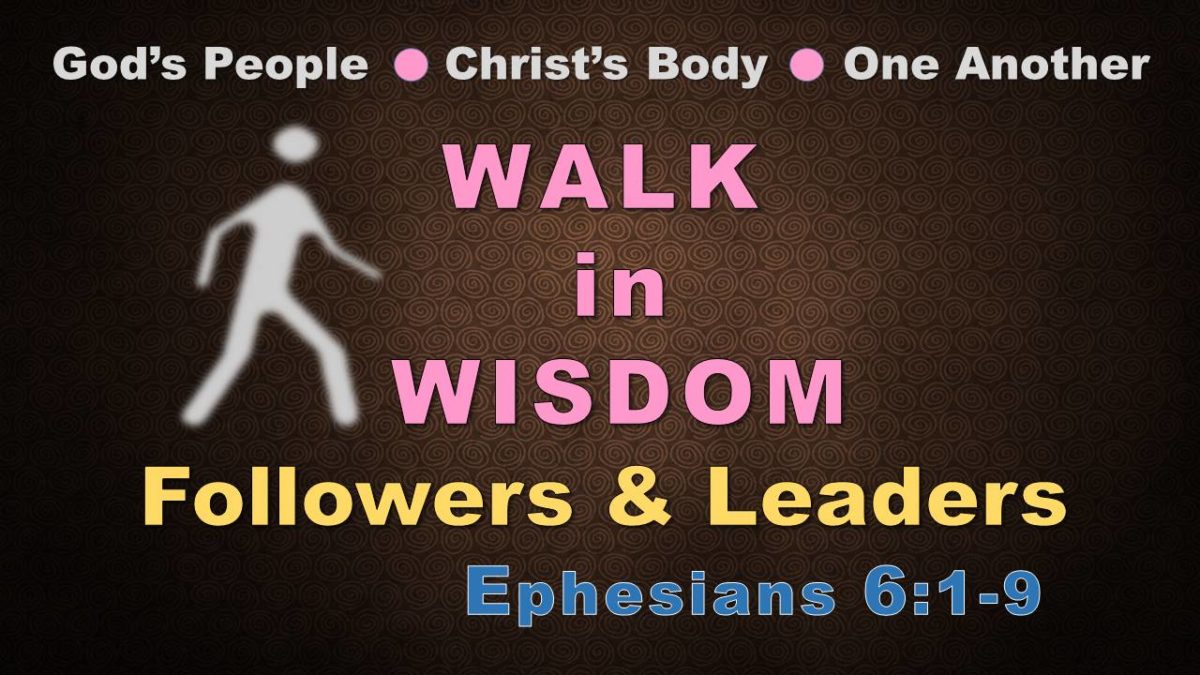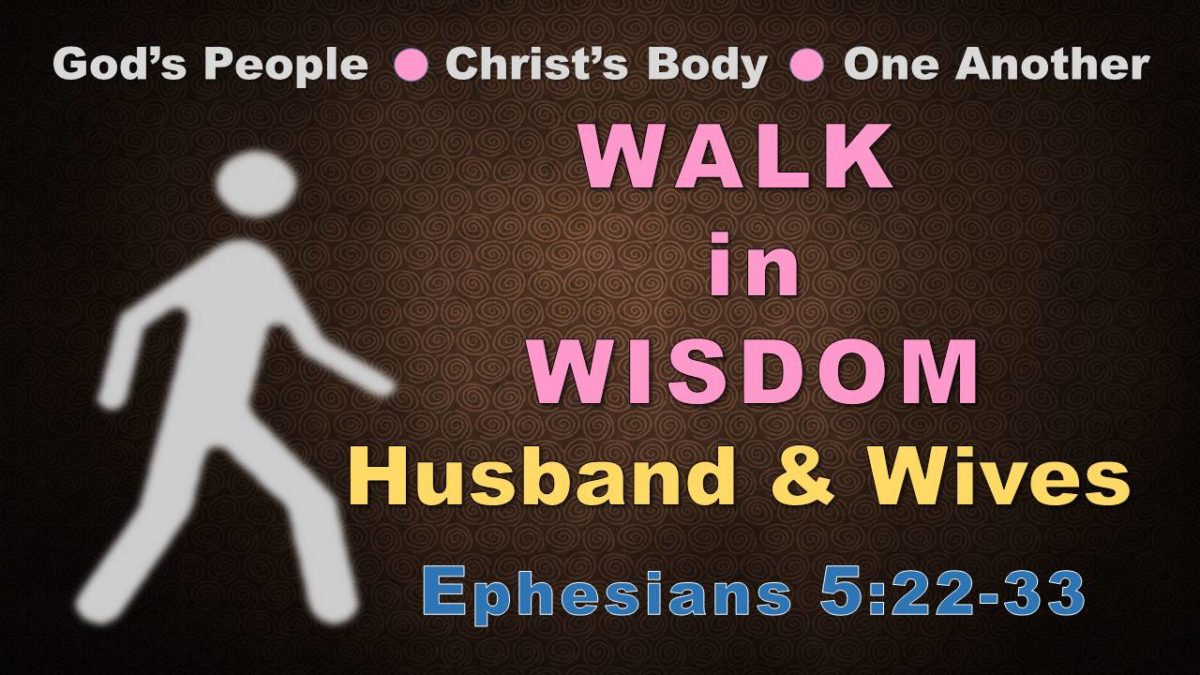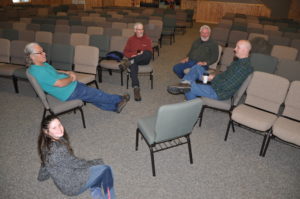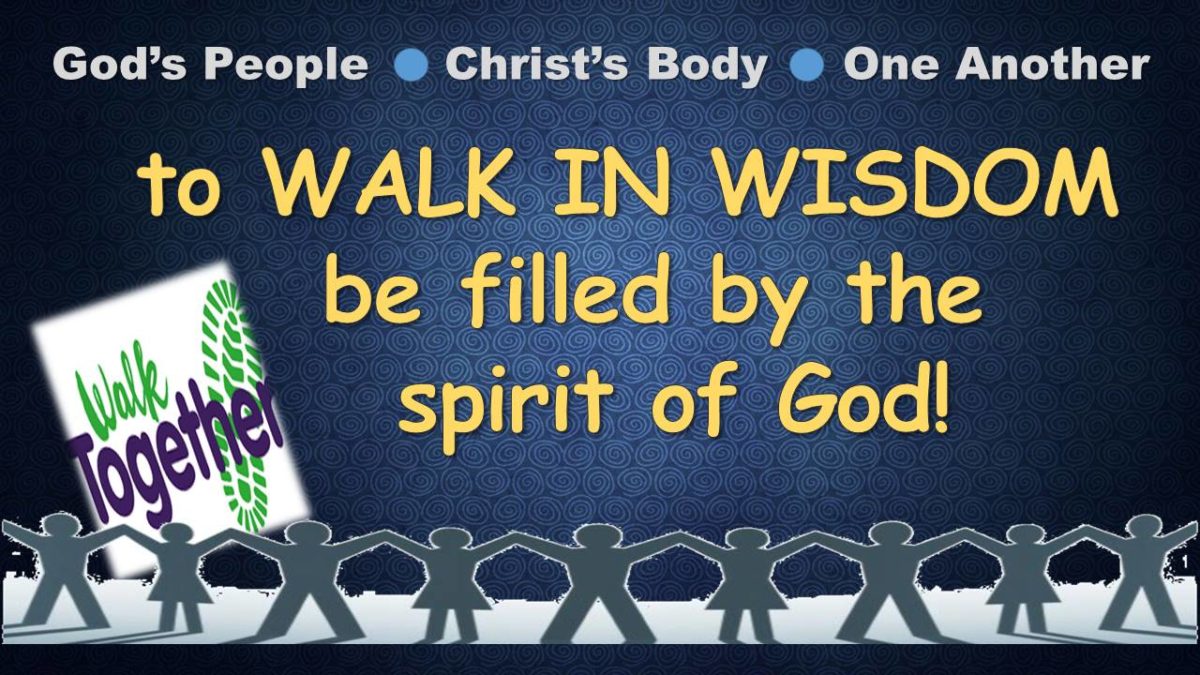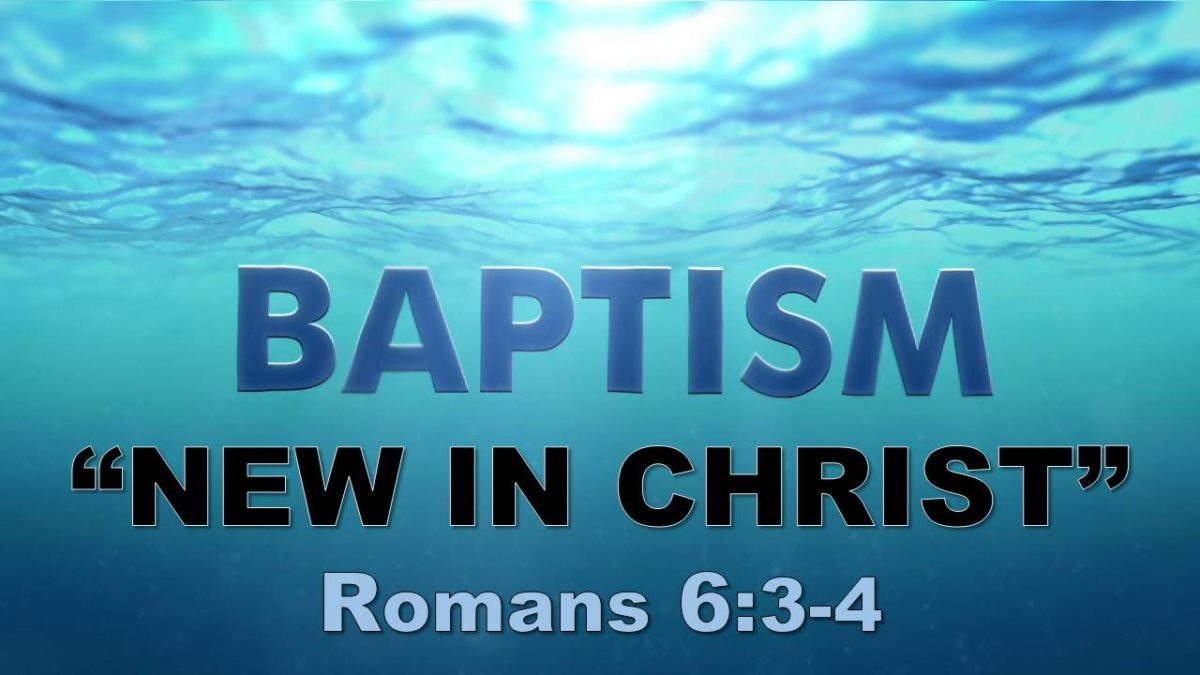I hate clutter! And part of these late-spring to early-summer evenings and weekends is doing something about it.
We ask two questions in our family fight with clutter: Are we using this? And, do we have a place for this thing?If the answer to both those questions is “No!” then the clutter in question has to go—to the dump, in our former urban life, or to our present junk pile (that reminds me each time I see it that I really need to get a truck …).
All this has something to do with Bible reading. In the great continent that is the Old Testament there are stories that need to be brought down from the attics of our lives and put to use right where we live. Hebrews 11, in the New Testament, references fourteen Old Testament characters worthy of note. Each of these great saints provide of a picture of faith before the coming of Christ. Each of these, from Abel to Barak to Jephthah to Samuel, shows us what it looked like to be saved by grace through faith in God’s promises before Christ came to complete the work of redemption. And many of these (Samson is included!) show us what saving faith looks like, despite failure and doubt.
Abraham and Certain Blessing—Genesis 15.1-21
For our purposes in these fleeting summer weeks at Woodland, we begin with Abraham. He began, very likely, as a star worshipper in around 2,000 BC in the Chaldean city of Ur, in present-day Iraq. In one of those great red- letter moments in Scripture, God called him and told him “Go …”. Go from your homeland and your family, and I will give you a land, descendants and a blessing, God said (Genesis 12). And, in one of the great events in human history, Abraham obeyed God.
But then Abraham began to doubt. He doubted because God took His time in fulfilling His promise. He doubted because his rascal nephew Lot came away with the good of the land where Abram dwelled. He doubted, because he and his wife, Sarai, were getting on a bit—too old to see the promise fulfilled by natural means.
And in the midst of doubt, the Genesis account takes us to Genesis 15. Read it, why don’t you?
Abraham’s faith looked like dependance on God for Certain Blessing, in spite of his doubt (15.1-11).
The passage begins with two exchanges between Abraham and God. The first deals with the promised descendant (:1-6). “Fear not, Abram, I am your shield; your reward shall be very great,” God says, repeating the promise (:1, ESV). Abraham responds, “What will you give me, for I continue childless … “(:3-4).
God responds creatively and memorably: “And he brought him outside and said, ‘Look toward heaven, and number the stars, if you are able to number them.’ Then he said, ‘So shall your offspring be'” (:5). And with that picture of Abram standing under night sky our Genesis narrator summarizes what has been true of Abraham since chapter 12: “And he believed the LORD, and he counted it to him as righteousness.
The New Testament picks up these verses in Galatians 3.7 to show how dependance on God by faith (not anything we could contribute by our work) has always been the means to right relationship with God:
Know then that it is those of faith who are the sons of Abraham. And the Scriptures, foreseeing that God would justify Gentiles by faith, preached the gospel beforehand to Abraham, saying, ‘In you shall all the nations be blessed’. So then, those who are of faith are blessed along with Abraham, the man of faith.
But, Abraham still doubts. God has spoken to his question about the descendant, but what about the land? In the second exchange (:7-11), God reminds Abraham, “I am the LORD who brought you out from Ur of the Chaldeans to give you this land to possess” (:7). Abraham responds, “O LORD God, how am I to know that I shall possess it? (:8, emphasis mine).
Notice how Abraham has moved from questioning God to questioning himself. He is, after all, a man of faith in God, but if God asks him to DO something in order to receive the promise, Abraham isn’t sure he’s up to it.
So, God tells Abraham to lay out the articles of covenant making—heifer, goat, turtledove, pigeon. This would have been no surprise to Abraham. Whereas we go to the bank and sign papers to make covenants, Ancient Near Easterners would divide animals in two and then walk together through the pieces, looking to the mutilated animals and acknowledging what would happen to them if they didn’t keep the promise they were making.
Notice how the narrator gives detail: “Birds of prey came down on the carcasses …” (:11). Abraham is waiting for God to tell him to walk through the severed animals. He’s waiting for God to tell him what he must do to keep the covenant. And, God is taking His own time to turn up.
Abraham’s faith looked like dependance on God for Certain Blessing, in spite of hardship and trouble (15.12-21).
Can you see the picture now? If you’ve ever sat on a hillside on the Fourth of July waiting for the darkness and wondering when and if the fireworks will ever start, you just might have an ounce of the sensation Abraham felt.
And, God does turn up. But instead of telling Abraham what to do, God puts Abraham into a “deep sleep” (a word used to describe the deep concentration of a prophet). Then, God repeats the promise of the blessing, and explains how the Nation of Israel (the first readers of this account 600 years later) would receive the blessing after suffering hardship. And when God really appears it is as the localized form of Himself in His Shekineh glory in the form of billowing smoke and lighting. And, God passes through the pieces ALONE!
What has God just done? When we borrow money at a bank the loan officer will want to know how we intend to secure the loan, and the collateral for the money borrowed will need to be greater than the thing borrowed. If God is to make a deal (and it’s His word that’s on the line), what can He use as security that is greater than Himself? NOTHING! … Since God can appeal to nothing greater than Himself, He will secure His promise using Himself as collateral (see Hebrews 6.13-15). Now, if either party fails to keep its obligations, God will absorb the penalty for lawbreaking.
Where does this leave God? On the hook for sinners, right? Where does this leave Abraham? It leaves him blessed—not on the basis of his work, but on the basis of God’s work received by faith. Where does this leave the Nation of Israel, connecting the God they were following with Abraham’s God? It leaves them confident in their God of promise who will give them the land possessed by their enemies.
And, where does this leave us?
Mark 15.33-34 describes what happened when the bank of God’s justice foreclosed on sinners:
And when the sixth hour had come, there was darkness over the whole land until the ninth hour. And at the ninth hour Jesus cried out with a loud voice, ‘Eloi Eloi, lema sabachthani?’ which means, ‘My God, my God, why have you forsaken me’?
Galatians 3.13 further explains how this works in God’s plan of redemption:
Christ redeemed us from the curse of the law by becoming a curse for us—for it is written, ‘Cursed is everyone who is hanged on a tree’—so that in Christ Jesus the blessing of Abraham might come to the Gentiles, so that we might receive the promised Spirit through faith.
At the end of the day Abraham was made right with God by faith in the God of Promise. But even so, he didn’t trust or obey God perfectly. And, at the end of the day, the Nation of Israel didn’t obey God perfectly. And, at the end of the day, we haven’t obeyed God perfectly.
But Jesus obeyed God perfectly. And when we put our faith in Him we, like Abraham, are made right with God on the basis of His work on our behalf.
God’s certain blessing is mine by faith in Jesus, but it won’t be fully realized till I’m with Him.
In our time between Christ’s two comings, we’re a bit like Abraham waiting on the side of the hill. We want the full blessing we have coming to us in Christ, but we’re waiting on Christ’s return. Like Abraham, we’re saved by faith in God who took the burden of covenant bearing on Himself in Christ. Unlike Abraham, we don’t look to the night sky, but to the Cross of Christ.
So, when this summer I doubt God’s purpose in my life, I need to remember God will give me what I truly need. And when this summer I experience hardship and trouble, I need to long for Christ’s return. Abraham didn’t receive the full blessing right away, and we won’t either. But, God’s blessing is certain, and like Abraham, we can rest in the God of Promise.
When we bring this fantastic character study down from the attic to where we live, there’s some questions we can ask:
Where do we, like Abraham, doubt God’s purpose in our lives? How does this true account of the roots of our covenant faith help us think about these areas?
Where am I, like Israel in receiving this promise, experiencing hardship and trouble? And, how does this account help me look forward to Christ’s return?
How does this character study from the Old Testament change the way I think about God’s love and acceptance for me?

